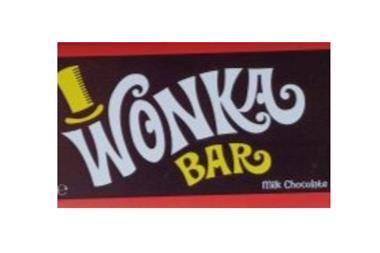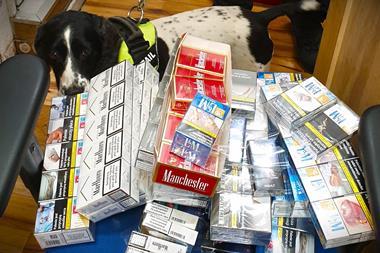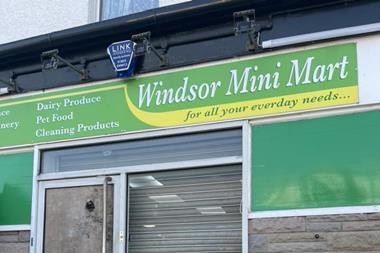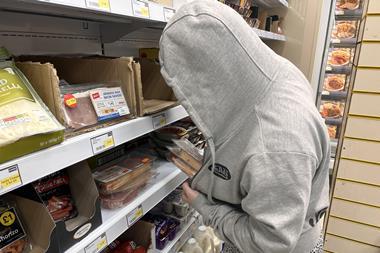Calls for Tobacco Track and Trace data to be shared with police

The National Business Crime Centre is calling for Tobacco Track and Trace technology to be made available to policing in order to crack down on the illicit tobacco trade
ALREADY HAVE A REGISTERED USER ACCOUNT? PLEASE LOG IN HERE
To read the full story join the ConvenienceStore.co.uk community today!
Registration is quick and easy and provides access to:
- Unlimited ConvenienceStore.co.uk articles
- Our great range of newsletters
- Content you’ve saved for later via the ‘my library’ feature
And much more…































